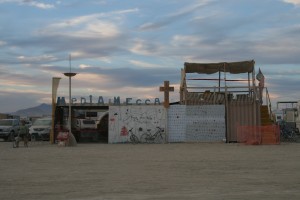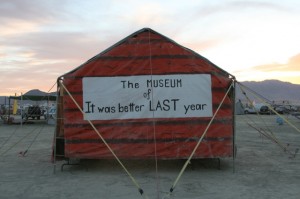The arrest of Harvard Prof. Henry Louis “Skip” Gates at his own home, the ensuing controversy over this arrest, and the gathering over beers at the White House have raised attention about what many individuals encounter on a regular, if not daily, basis. Several of my undergraduate students, typically young African-American men, report they have been stopped by a police officer. The officer would ask these individuals to show identification or to answer questions about their activities. In all these cases, these individuals were not doing anything that should have elicited such questioning. In addition, their companions, who were not African-Americans, did not face the same inquiries. Studies such as this one have documented systematic differences in how minorities are treated during interactions with police.
Such disparities raise the larger question: to what extent are law enforcement and other governmental agencies accountable to the citizens they are supposed to serve? While these organizations have missions, such as “to protect and serve,” it’s less clear how to carry out these missions. Researchers who have studied police activity have documented how practices, such as the use of “excessive force“, such as the beating of Rodney King, or the arrests of individuals under an “all-purpose” charge such as loitering, may proliferate.
Not only do these practices affect individuals, but they may also push other organizations into altering their own practices. For example, the implementation of the TSA and governmental security measures have affected the operations of airports and airlines: more space needs to be allocated to screening passengers and allowing passengers to collect their shoes and belongings; airline employees have had to adopt new routines to reach their posts; sit-down steakhouses and other restaurants provide silver plastic knives rather than real knives to customers dining before their food-less flight.
In contrast, the Burning Man organization has resisted pressures by law enforcement and other agencies to alter or adopt practices that interfered with the Burning Man mission of creating an arts community. Some of these activities have included educating individuals about what governmental agencies are present at the Burning Man event, as well as how to handle interactions with law enforcement and where to report such interactions. At the same time, Burning Man organizers have understood that governmental agencies have their own missions and that they must demonstrate accountability to the public. Therefore, the Burning Man organization has also coordinated on common grounds, often through departments such as the Earth Guardians and the Black Rock Rangers.
What would life be like if we all had similar organizations that acted on our behalf?


